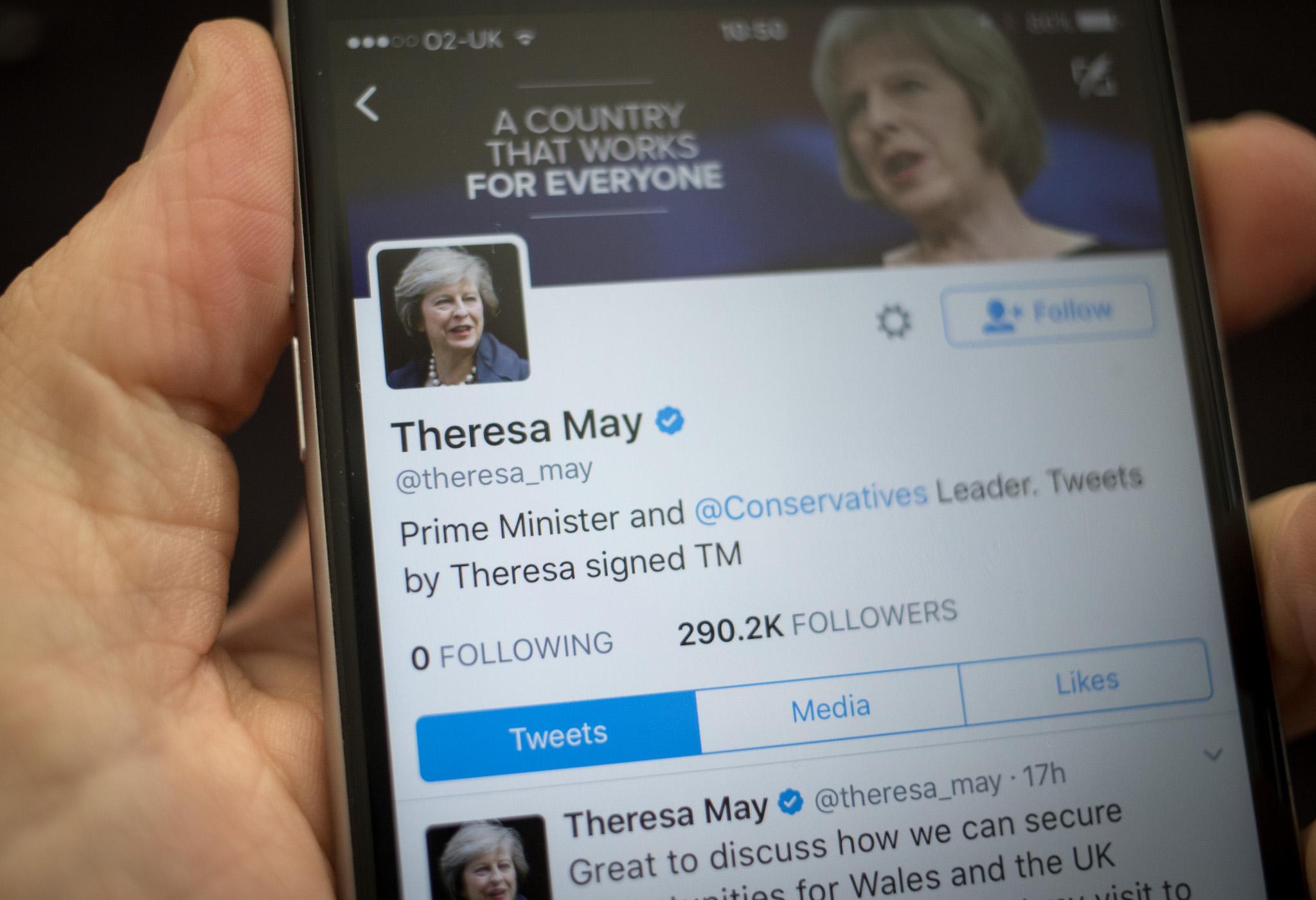Government outlines plans to 'regulate the internet' and get rid of problem content
The proposals could also include a nationwide system to stop children watching pornography

Your support helps us to tell the story
From reproductive rights to climate change to Big Tech, The Independent is on the ground when the story is developing. Whether it's investigating the financials of Elon Musk's pro-Trump PAC or producing our latest documentary, 'The A Word', which shines a light on the American women fighting for reproductive rights, we know how important it is to parse out the facts from the messaging.
At such a critical moment in US history, we need reporters on the ground. Your donation allows us to keep sending journalists to speak to both sides of the story.
The Independent is trusted by Americans across the entire political spectrum. And unlike many other quality news outlets, we choose not to lock Americans out of our reporting and analysis with paywalls. We believe quality journalism should be available to everyone, paid for by those who can afford it.
Your support makes all the difference.The government has unveiled sweeping plans to “regulate the internet”.
Ministers will restrict what people can say in moves they claim will stop the web being used to tackle bullying and abuse. But activists have repeatedly criticised the proposals, arguing that they represent a kind of censorship.
The idea of regulating the internet was first promised in the Conservative manifesto earlier this year, and immediately led to criticism. They have since been watered down – because laws would take too long in the current hung parliament – and have been published in a formal proposal.
Now the government hopes to introduce new rules including a tax paid by social media companies that will then be used to improve the internet. Social media companies will also be asked to commit to a “code of conduct”, but won’t be forced to under law because pushing through legislation would be too long and difficult for the beleaguered Conservative government.
But it also made references to “regulating the internet” – suggesting that further restrictions on online content could be on their way.
Asked whether that could mean the same sort of restrictions and charges that apply to other utility companies, ministers said that internet companies could move towards that sort of model.
“That’s what we’re looking at – to make sure that we do regulate the internet in appropriate way, so that we allow the freedoms the internet gives you,” said culture secretary Karen Bradley in an interview after the plans were released.
The government also said that it would regulate under-age access to pornography. It has claimed it is fixing that problem repeatedly – but hasn’t said exactly how it will, leading to worries that it could launch a nation-wide porn authentication scheme or similar plan.
Mrs Bradley said: "The internet has been an amazing force for good but it has caused undeniable suffering and can be an especially harmful place for children and vulnerable people.
"Behaviour that is unacceptable in real life is unacceptable on a computer screen.
"We need an approach to the internet that protects everyone without restricting growth and innovation in the digital economy.
"Our ideas are ambitious - and rightly so. Collaboratively, government, industry, parents and communities can keep citizens safe online, but only by working together."
The proposals outlined in the Internet Safety Green Paper also include an annual internet safety transparency report to keep tabs on online abuse.
Support would be given to digital start-ups to make sure they build safety features into new apps.
The government also confirmed plans announced earlier this year to make relationship lessons, which will include online safety, compulsory in schools.
After the election, Theresa May suggested that she would still launch wide-ranging plans to regulate the internet, despite not having won a majority. But during an interview on the Today programme, Mrs Bradley appeared to suggest that the government thinks that it would be unable to pass such legislation through parliament.
Join our commenting forum
Join thought-provoking conversations, follow other Independent readers and see their replies
Comments